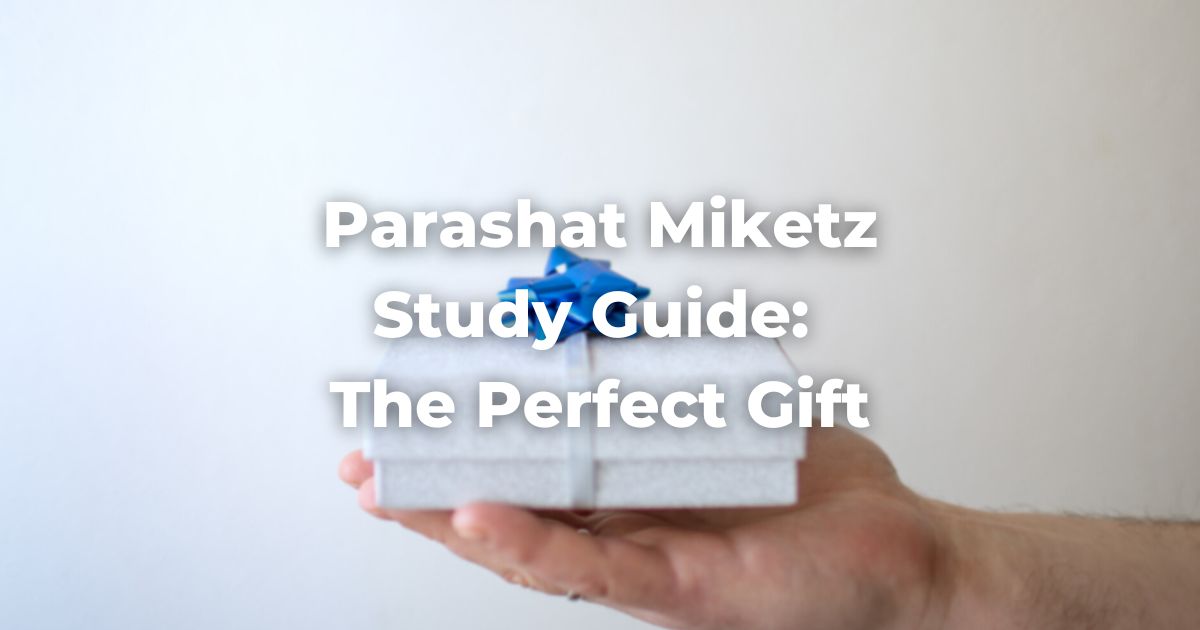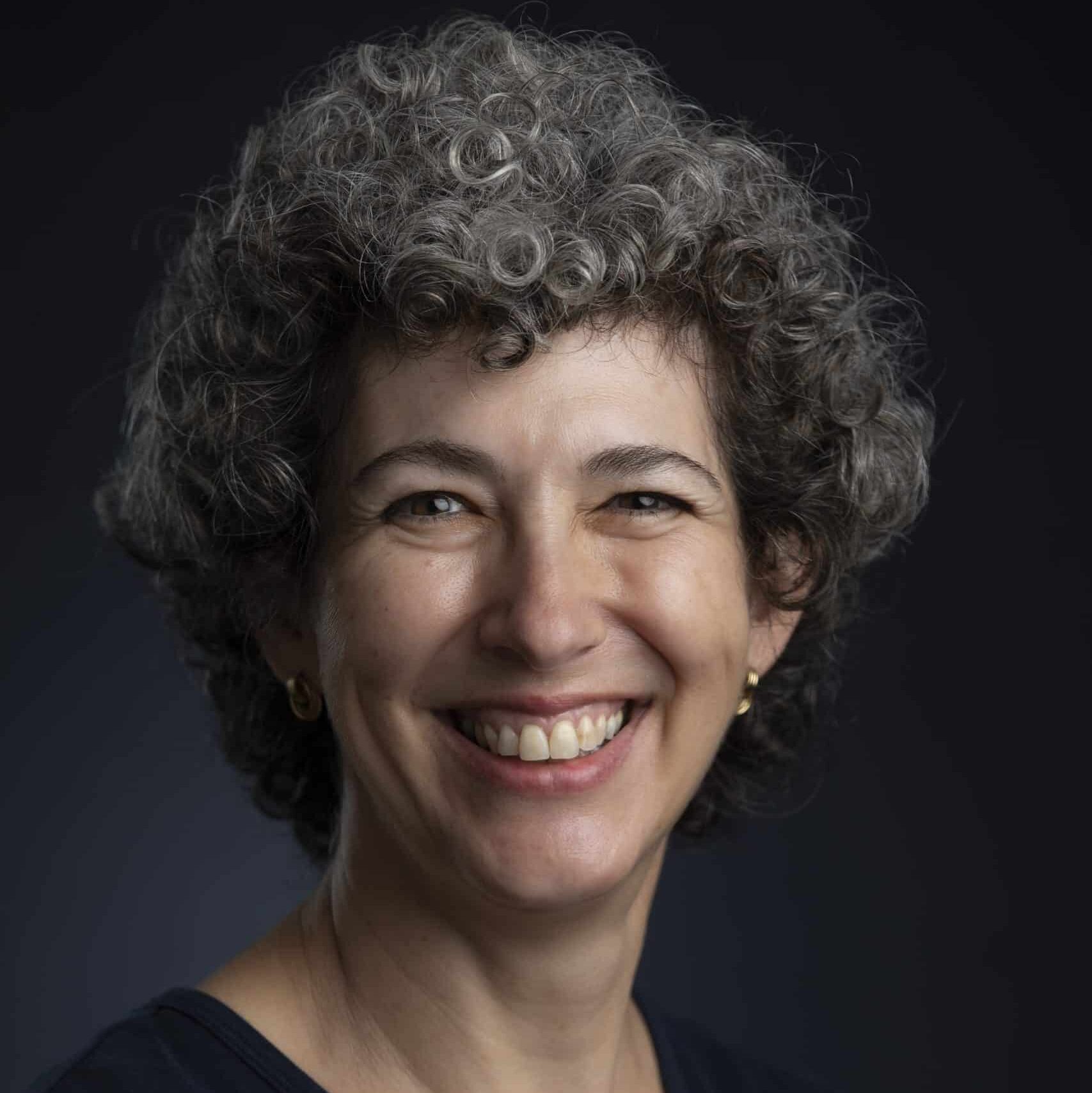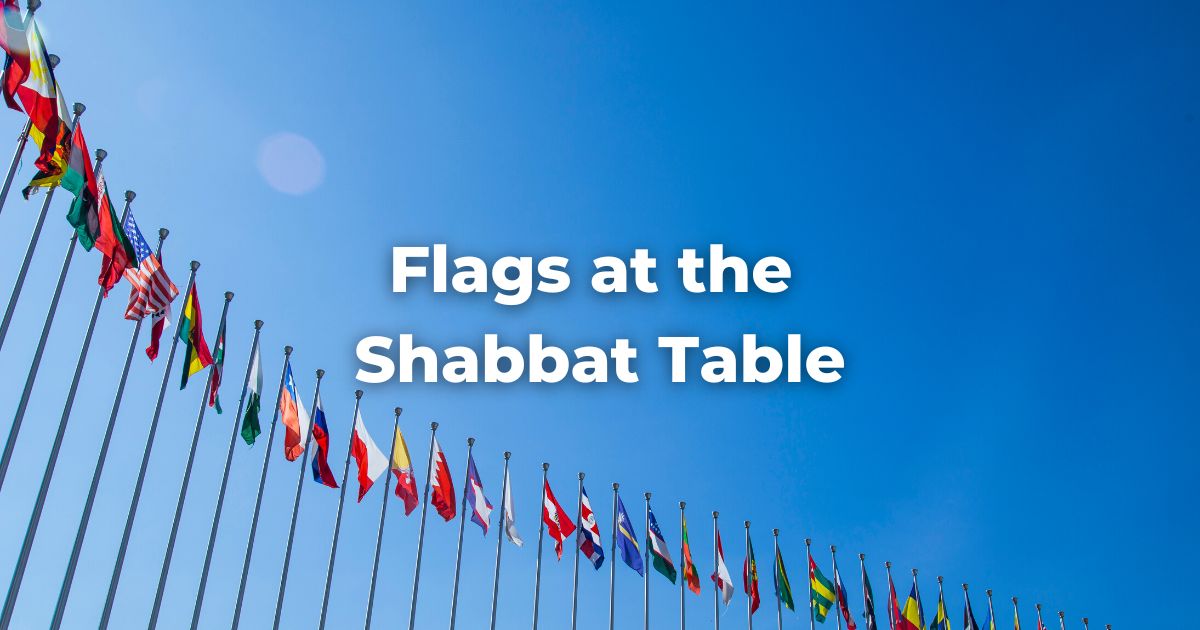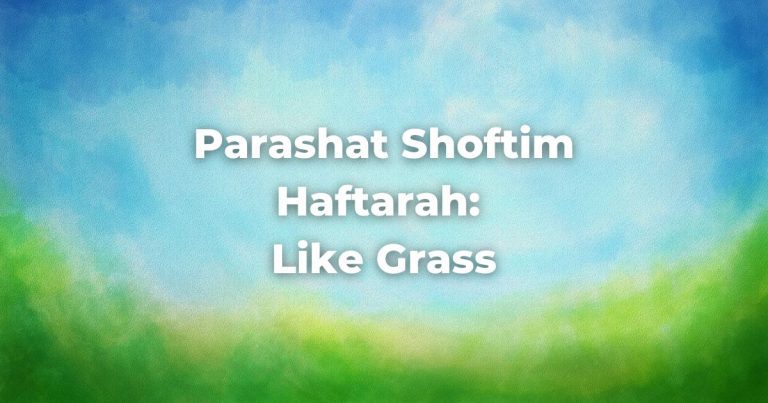Background: The food the brothers brought home from Egypt is running out, but they were told by the Egyptian lord (Joseph) not to come back without their youngest brother, Benjamin, with whom their father Jacob/Israel refuses to part.
Text: Bereshit 43:11-14
11 And Israel their father said to them, “If it must be so, then do this: Take some of the choicest [produce] of the land in your vessels and carry down a present for the man—a little balm and a little honey, spices and gum, laudanum, pistachio nuts and almonds. 12 Take double money in your hand and take back in your hand the money that was returned in the mouth of your sacks; perhaps it was an oversight. 13 Take your brother also, and arise, go back to the man. 14 And may El Shaddai give you mercy before the man, that he may release your other brother and Benjamin. And I – if I am bereaved, I am bereaved!”
- Jacob sends gifts and double the silver for food procurement (including the silver that was returned on their last trip.) What message is he sending through each of these?
- Consider the situation: there is a famine in the land to the point that grain must be brought from Egypt. What do you think that Jacob can send to the wealthy Egyptian lord (Joseph) as a present? Why does he not send gold and silver?
- The book of Bereshit offers us several lessons in gift-giving: Avraham’s servant brings gifts to Rivkah’s family in chapter 24, Jacob sends gifts to Esau in chapter 32, and now this. What is the purpose of each of these gifts? How do the contents differ?
Commentary: Sforno on Bereshit 43:11
Take some of the choicest [produce] of the land. The present brought to a person eager for wealth needs to be of great quantity to satisfy the eye of the money-hungry. It was of this sort that was Jacob’s present to Esau. But when a present is being brought to a wealthy, aristocratic person, for whom monetary value is of no significance, it is appropriate that it should be little, but it will be a choice thing which is kept in small quantities and found in royal palaces. And of this sort was this present for Joseph.
- What is the “gift-giving dilemma” that Jacob is facing here? What impression does he want to make on the Egyptian lord? Why?
- What social rule has Seforno formulated based on reading the book of Bereshit? Do such gift giving rules apply today?
See more: Parashat Miketz
Originally posted as part of the Conservative Yeshiva at the Fuchsberg Jerusalem Center’s Torah Sparks. Support Torah learning from the Fuchsberg Jerusalem Center/Conservative Yeshiva for leaders and seekers around the world here.
Authors
-

Vered Hollander-Goldfarb teaches Tanach and Medieval Commentators at the Conservative Yeshiva and is a regular contributor to Torah Sparks, FJC’s weekly message on the weekly Torah portion. She received her M.A. in Judaic Studies and Tanach from the Bernard Revel Graduate School of Yeshiva University and studied at Bar-Ilan University and the Jewish Theological Seminary. Before making aliyah, Vered taught at Ramaz School and Stern College in New York.
-



The Fuchsberg Jerusalem Center (FJC) is a home in the heart of Jerusalem where leaders and seekers can find an authentic place in Jewish tradition to call their own. FJC offers opportunities to study, pray and explore within an egalitarian and inclusive setting, creating multiple pathways for finding personal and communal meaning.




